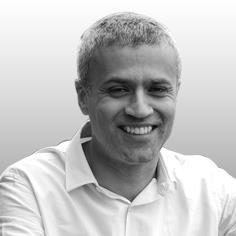The Australian prime minister’s promise to repeal the country’s carbon tax sits uncomfortably with the images of bushfires around Sydney

Tony Abbott’s proposed repealing of sits uncomfortably with the satellite images of the (albeit that new prime minister Abbott is not completely dropping carbon reduction targets).
The economic cost of the fires to Australia will be high, as for example was the estimated US$68bn cost of Cyclone Sandy to New York. The environment is clearly part of our economy.
The smoke over Sydney should surely be enough to drive Australians to the front of the queue in international efforts to create a for humanity into the future.
Good economic development and sustainable development are one and the same thing
Yet climate sceptics have the upper hand at the moment, at least in public opinion. Misinformation rules, with climate scientists unable to provide the simple sound-bites required to prevent the sceptics building public support.
With the recent saying that ‘it is extremely likely [95% confidence] that human influence has been the dominant cause of the observed warming since the mid-20th century’, polls suggest that as little as 30% of the public maintain the same view.
But what are we asking for? Clean energy, farming that cares for the soil, forestry that supports wildlife and fisheries that increase biological productivity. Surely life can only get better! So although sustainability may be a dirty word now, sustainability is simply about building a better future.
is part of the story, but we can aspire go beyond resilience to a future of abundance. There is nothing that can help us through tough times other than a dream of the promised land, helping to overcome our inertia and cynicism.
If economic barriers exist then we should redefine the term ‘economic’. Good economic development and sustainable development are one and the same thing – . If they are not, please tell me why not.
Pooran Desai is co-founder of BioRegional



























No comments yet